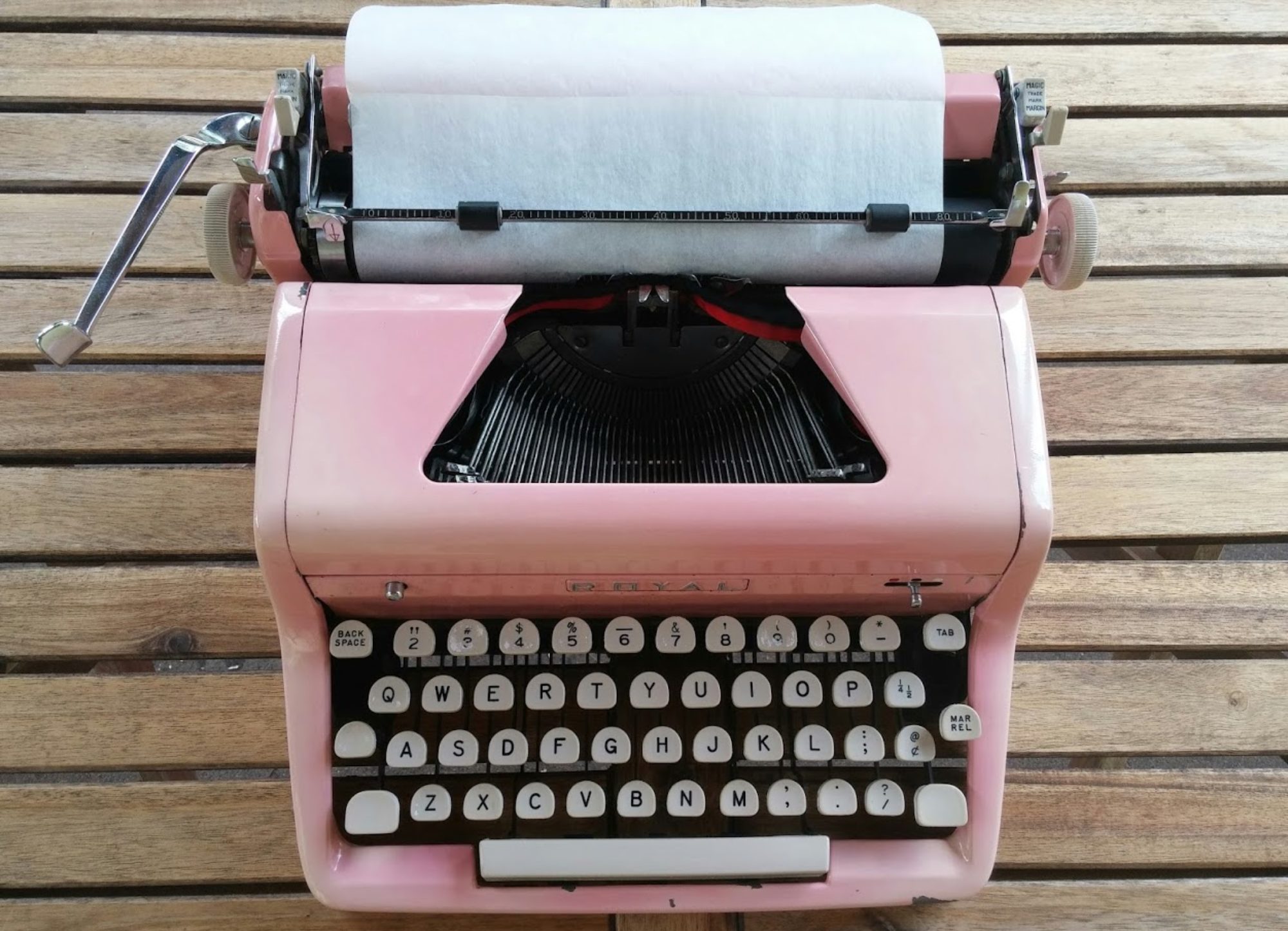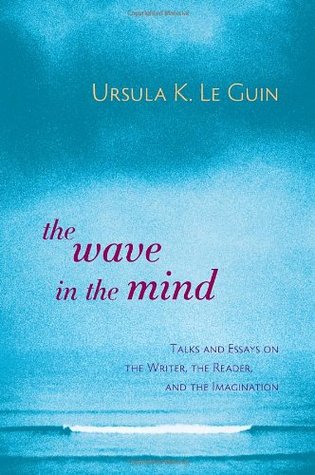Re-visiting Le Guin’s Steering the Craft inspired me to re-read some of her essays in The Wave in the Mind: Talks and Essays on the Writer, the Reader, and the Imagination .
The collection, as the subtitle suggests, draws together a wide variety of essays; I enjoy them thoroughly whether they consider islands, high heels or libraries or whether they consider the rhythm of Tolkien’s prose, the disparity between the number of Nobel Prizes offered to male recipients and female recipients, or the calculated adoption of a pseudonym. Even if you think you wouldn’t enjoy an essay collection, but if you have enjoyed Le Guin’s fiction, this collection is well worth the time. But here I will focus on the essays therein which have been filed under Writing.
Because many of these essays have been published and/or presented elsewhere and because I’ve made the mistake myself of purchasing other collections of hers only to discover overlap in their contents, I’ll list the contents of this segment of the book; this list will help you determine, if you’re a Le Guin fan, just how quickly you need to find yourself a copy of this collection. It contains:
“A Matter of Trust”,
“The Writer and the Character”,
“Unquestioned Assumptions”,
“Prides: An Essay on Writing Workshops”,
“The Question I Get Asked Most Often”,
“Old Body Not Writing”, and
“The Writer on, and at, Her Work”.
Here are some snippets from “A Matter of Trust” which is based on the following premise: “In order to write a story, you have to trust yourself, you have to trust the story, and you have to trust the reader.”
On the former, she advises that “the only way you can come to trust yourself as a writer is to write”. But then she adds a thought to this, in a footnote: “And, of course, by reading stories. Reading — reading stories other writers wrote, reading voraciously but judgmentally, reading the best there is and learning from it how well, and how differently, stories can be told — this is so essential to being a writer that I tend to forget to mention it; so here it is in a footnote.”
[Honestly, if someone writing about writing doesn’t hold this opinion, I find it hard to take their advice seriously. When a writer says s/he doesn’t read? I immediately want to go and grab a book – and not one of theirs – and start reading.]
On trusting the story, Le Guin observes that a writer’s idea of a story is always more than what’s finally written, but “it may also do more than you knew you were doing, say more than you realised you were saying. That’s the best reason of all to trust it, to let it find itself.”
And, on trusting the reader, she discusses the relationship between reader and writer and she states: “Fiction is not only illusion, but collusion.”
In conclusion, she offers one of my favourite snippets from this collection:
“The whole thing, writing a story, is a high-wire act — there you are out in midair walking on a spiderweb line of words, and down in the darkness people are watching. What can you trust but your sense of balance?”
Good stuff for writers.
Ursula K. Le Guin The Wave in the Mind: Talks and Essays on the Writer, the Reader, and the Imagination (Shambhala, 2004)

